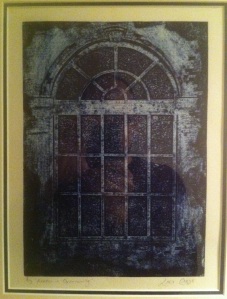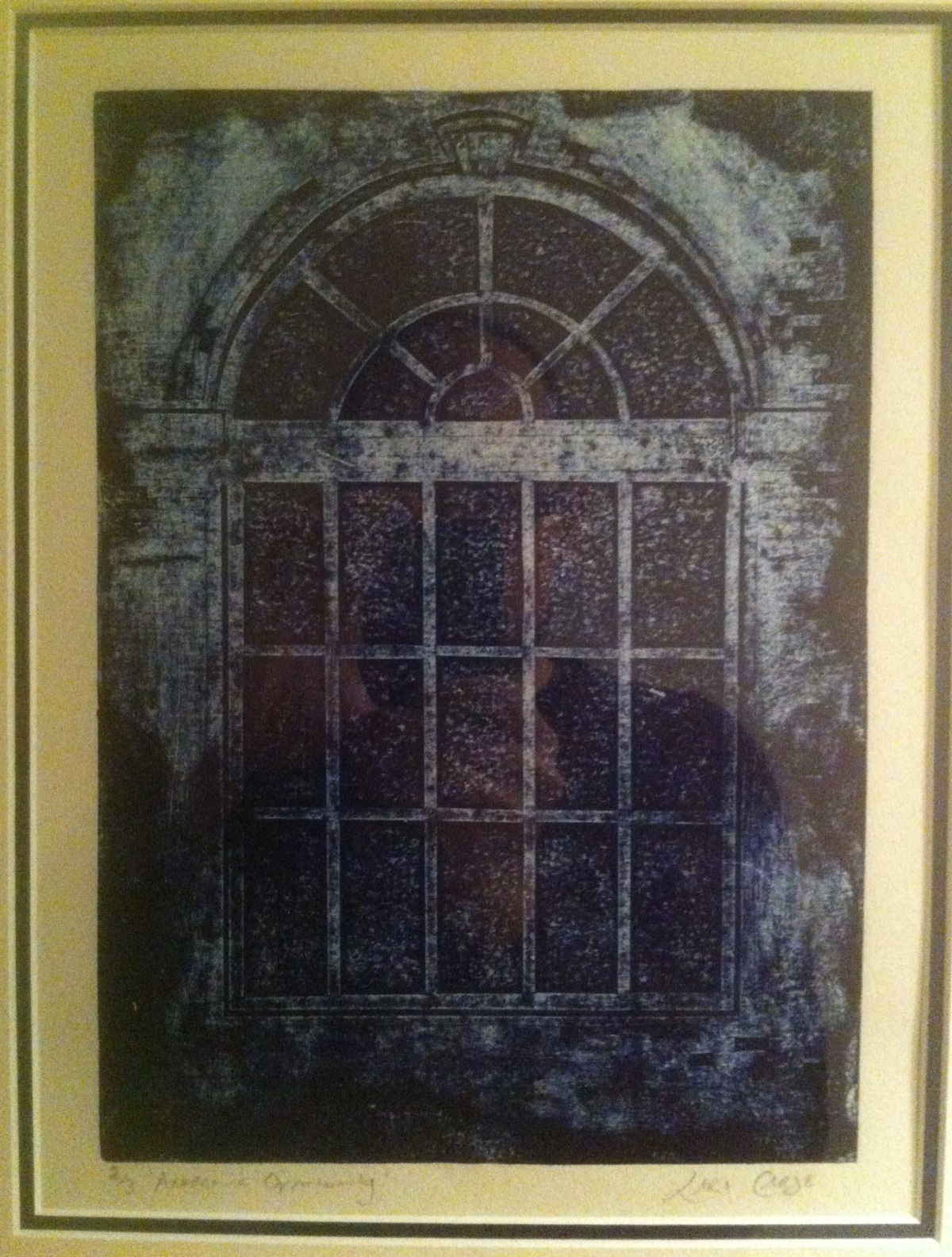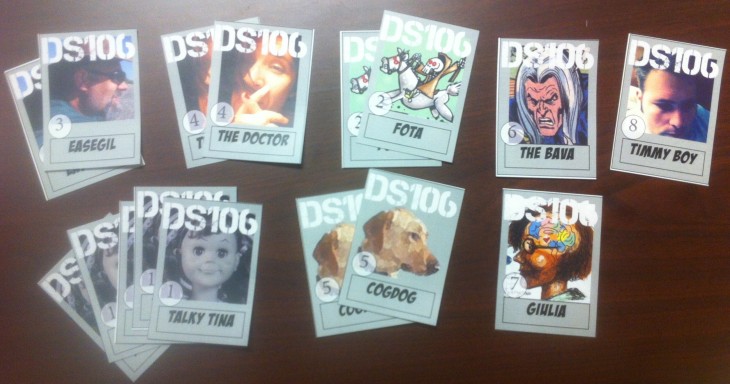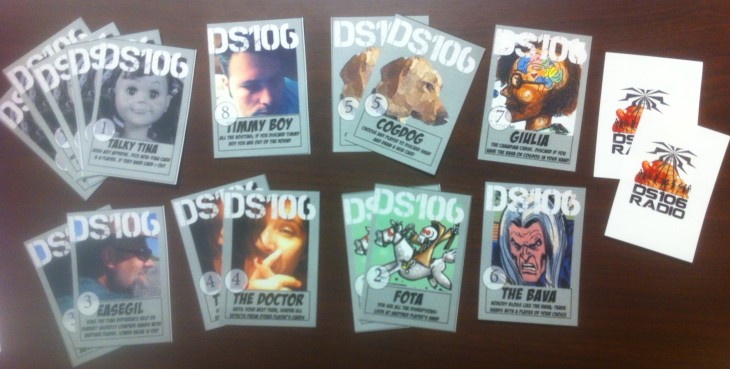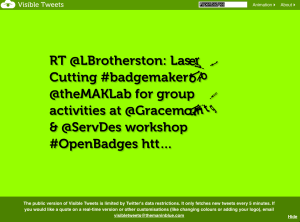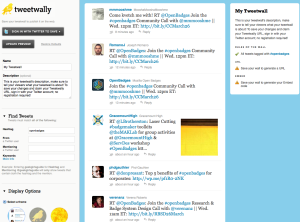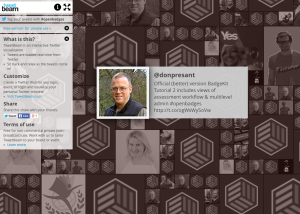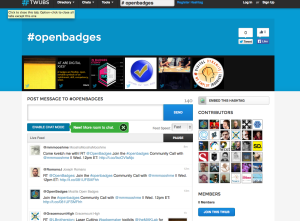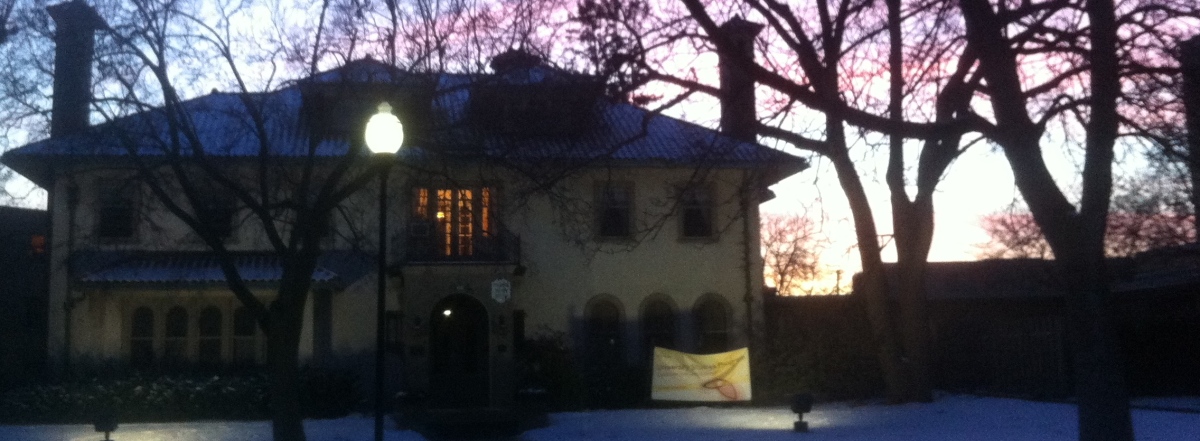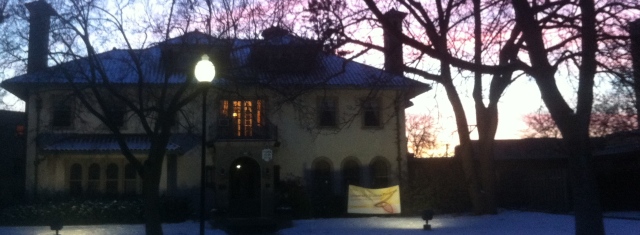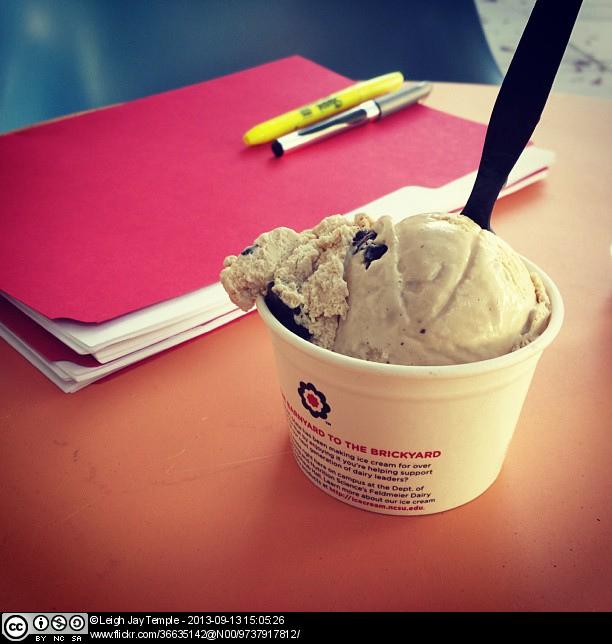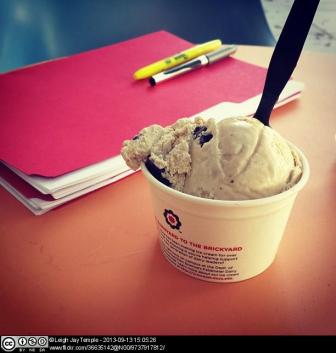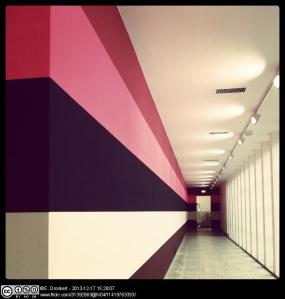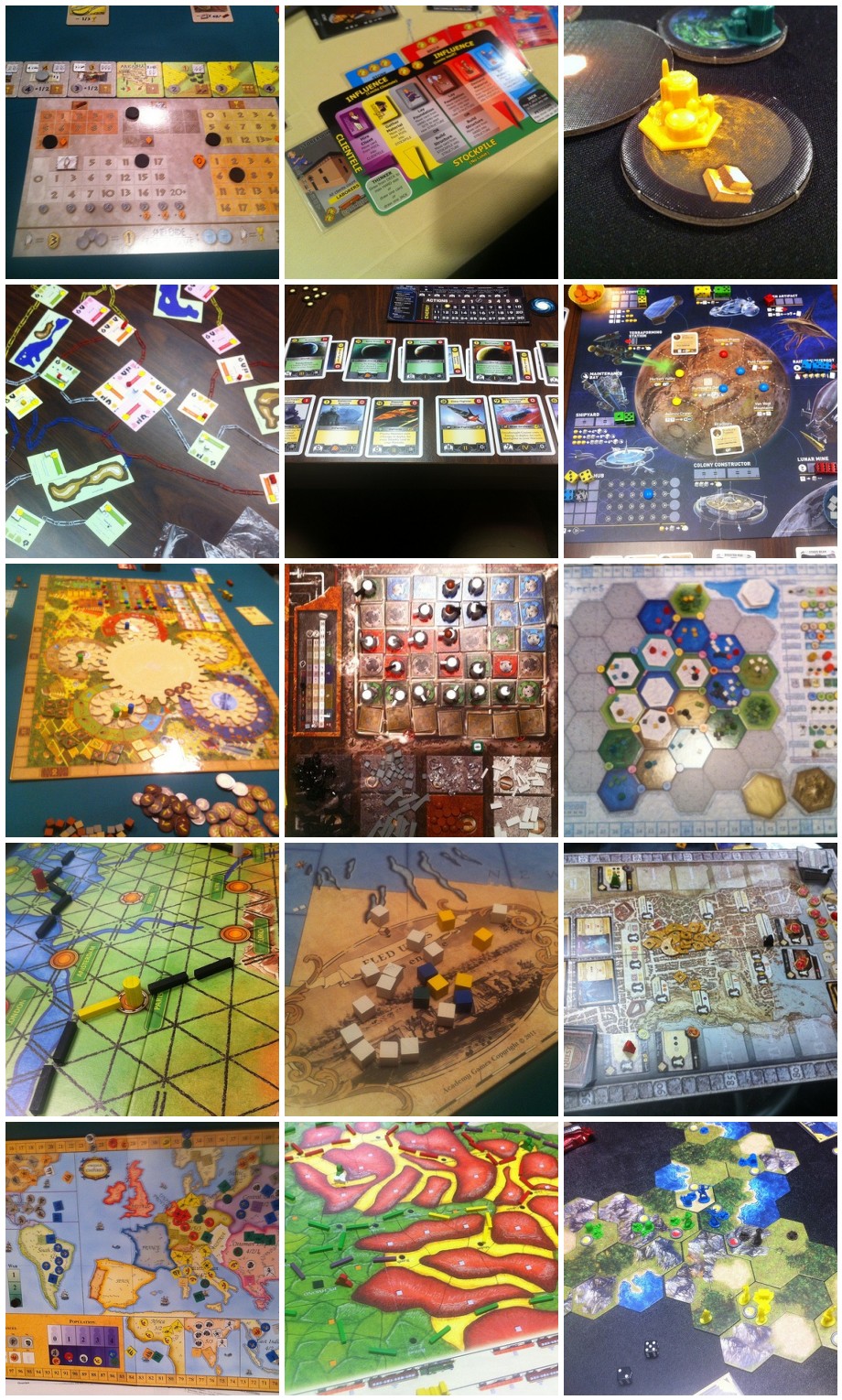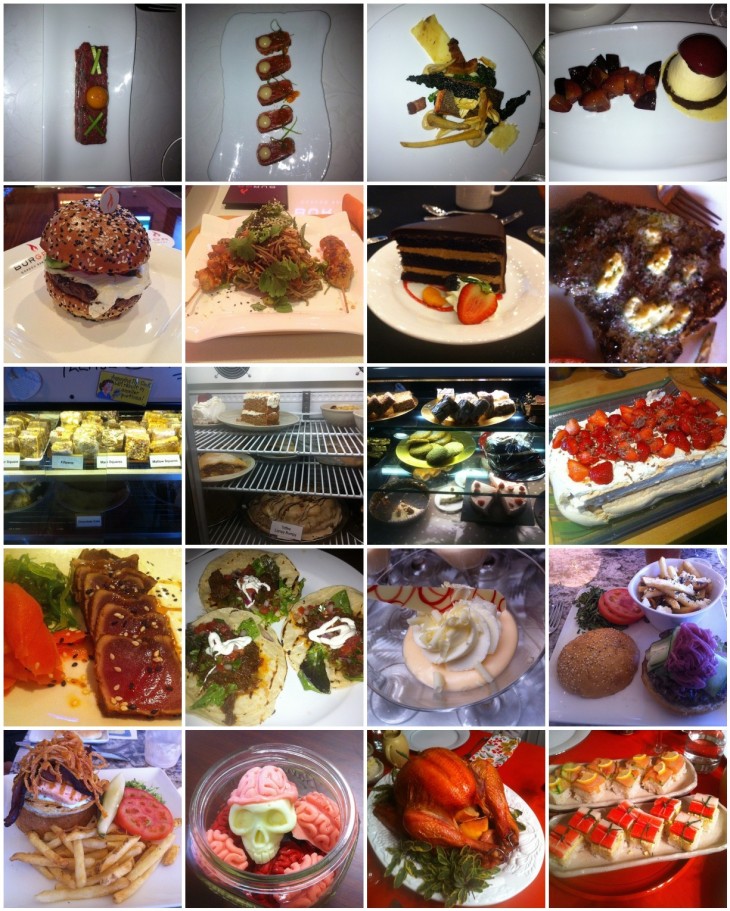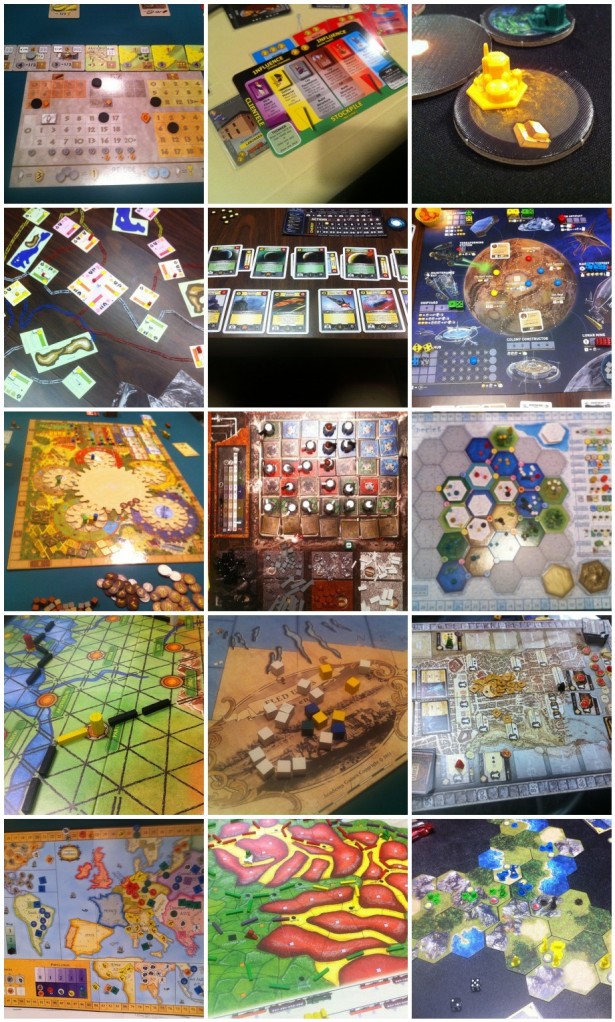And I’m not scared…
On my way to writing this blogpost I tried to pin down some of the other existing guides to OER to save time – sadly my go to guides are now somewhat dated and don’t suit the context. Hmm so here’s the post. – Contrary to my normal cautious CC BY NC SA license this post is available under CC:BY on the off chance you want to take and remix it – resources referred to are of course available under whatever license they have chosen.
This is also the place where I’ll add any guides I am aware of or that get added to comments [any post like this is inevitably and instantly incomplete and outdated but I need a point of reference].
The tweet that kicked it off was from Tanya Joosten and UW-M has pulled together some resources already:
What sort of thing are you looking for?
As with any literature search, figuring out your scope (or initial scope) is a good starting point. Figure out what type of thing you’re looking for, what you want to do with it and who your audience is. Where are you in the process? are you looking for illustrations, inspiration, syllabi, a textbook, a someone else’s lecture to use in flipping your class, or a whole course on a topic that you can build on or use to supplement another course.
Remember that small pieces let you build stuff into your existing structure but big pieces may be able to be used in small pieces (if you can get at them in a file format that permits it).
License
Before you start consider what you’re doing to do with the stuff you’re looking for – is this going to be public? under what conditions are you using this or making it available?
There’s a whole lot of questions you have to think through but at it’s simplest – your choice of license (or lack thereof) on your work impacts what you can do with the content you find. Remember that you can cite or link to content with any license (so you can get your students to refer to all rights reserved materials) – the caveat here is that if you link to materials which require users to accept particular Terms of Service you (from an ethical point of view) should ensure that you’re not asking your students to break those Terms of Service…
Don’t forget that much US government content is released under a public domain license – for example imagery from USGS or NASA.
General overview
Finding stuff…
Images
- Flickr – advanced search has Creative Commons license filters which may let you find images to use in your educational materials; However, it can be hard to find specific curated collections of educational materials such as Core-Materials unless you find out about them through other means. [Update it also seems that Flickr may be making license related searching less obvious]
- Wellcome Trust – Recently released much of their image collection (medical, history of medicine, illustrated MS) under an open license [tbh the interface is a bit grim, but worth it].
- Getty – has a growing Open Content Image collection
- Nasa – eg image gallery
- USGS – eg publications
Video
Youtube and Vimeo both allow you to search by Creative Commons license. However, it also can be hard to find unknown specific curated collections of educational materials.
Presentations, lecture slides, and related materials
Slideshare can be a great resource but doesn’t appear to easily offer a way to restrict a search to a specific license. You’re much more likely to find useful stuff through known people and links from conferences. You can develop a network of sources and find stuff as people upload but you’re, perhaps, more likely to be sent here from a link.
Courses
Finding a whole course which is relevant to what you’re doing can be overwhelming but can also be a useful way to find relevant component materials, to see how someone else engages with teaching/ facilitating the same topic, to offer student alternate perspectives, or perhaps to try a distributed flip.
Some places to look
EdX, Futurelearn, other Moocs, and iTunesU – these sources are often not particularly open wrt to licensing the content is often freely available to use and might suit you purpose even if it’s not remix-able or republish-able. It is worth remembering though that some of these platforms are license neutral – you can put (and find) open content on iTunesU or in Futurelearn.
Repositories
(usually in HE)
These can be nationally focused (e.g. Jorum) , subject focused (e.g. LORO or Humbox ), institutionally focused (typically contain research papers, may contain data set, some also include educational materials).
Textbooks
There a lot of great resources out there
There are also a number of sites offering low cost textbooks which might be of use.
Aggregators
In an ideal world this would be the start and end point for any discovery process but it’s not (even if we include Google) and to be honest there are challenges or things to be aware of with all of these tools.
Quality
There’s a lot to say but for example see the Infokit:
the quality of OER should be assessed like any other resource but particular attention may be needed with respect to the freshness and currency of health related OER.
Phone a friend
Your professional network is a great source of content or leads to find those priceless bucket of curated stuff.
